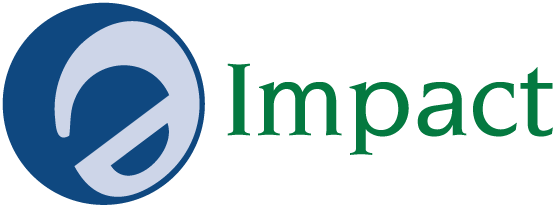Résumés Boston Writing Services
The purpose of your cover letter is to get whoever reads it to want to read your résumé. The purpose of your résumé is to get whoever reads it to call you in for an interview or to, at least, speak to you on the phone so that they can decide if they want to take the time to interview you in person.
The purpose of an interview is to get the position and work that you want, not the position and work that’s available.
Your résumé has to be easy to read. The purpose of formatting a résumé is to make it easy to read, not to make it look good. It has to be good, not look good. And guess what? There’s no one right way to write a résumé and a cover letter. The bottom line is that a cover letter and a résumé have to be effective. They have to get you interviews. That’s their one and only purpose: get interviews.
Are you having a hard time writing your résumé and cover letter? What information should you include on a résumé? How should I write a cover letter?
Here’s a tip and a hint for number 5: Your résumé has to tell people what you did, what you’ve done, and what you do. Only telling the reader what you were, what you’ve been, and what you are is not effective. That’s not the information the hiring manager wants. Doing is more important than being for an employment, work, or job search. And that’s certainly the case when you speak at an employment, work, or job interview.
1. Contact Information
2. Objective – Do you need to include an objective on your résumé?
3. Summary phrase – In less than twenty-six words, what can you say to get the reader’s attention?
4. Overview Summary or Profile – What goes in the overview, summary, or profile?
5. Work Experience – What information should go on your résumé?
6. Education and Training – Should this go at the top of your résumé or closer to the bottom?
7. Skills – A skill is something you do, not something that you are. What skills do you put on a résumé?
8. Other Information – What other information should you put on your résumé?
Writing Services Boston
- Which one do you need? Edit – Correct – Revise – Rewrite – Carefully proofread
- Thank-you notes – Follow-up emails – Letters for academic purposes
- Résumés and Cover Letters – Start from the beginning.
